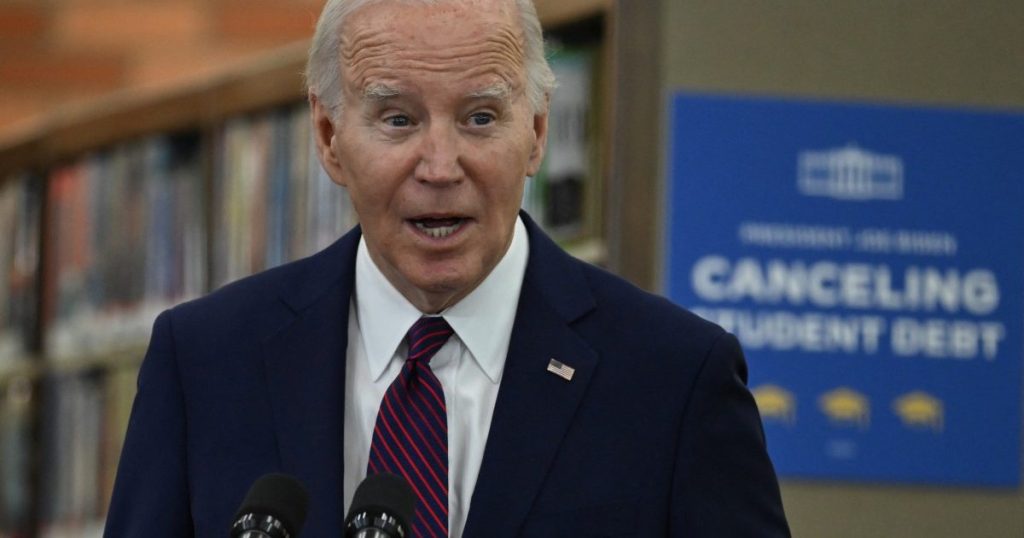
President Joe Biden has revealed plans for reforming the conservative-dominated Supreme Court in a bold attempt during his final six months in office. His proposals, alongside Vice President Kamala Harris, include advocating for 18-year term limits for justices and implementing an enforceable ethics code. Additionally, Biden seeks a constitutional amendment to overturn the court’s recent ruling supporting former President Trump’s claims of presidential immunity.
During a press briefing before heading to Austin, Texas to discuss his plans, Biden emphasized the necessity for reform within the Supreme Court, citing recent controversial decisions and scandals involving its lifetime-appointed justices.
Although the chances of these reforms passing through a divided Congress are slim, they could serve as a rallying point for Democratic voters in the upcoming November 2024 election. Biden withdrew from the presidential race just over a week ago but remained committed to these reforms, stating that they would uphold the principle that “no one is above the law.”
In a bid to restore public confidence in the judiciary and strengthen democracy, both Biden and Harris have urged Congress to enact these popular reforms. Despite opposition from Republicans controlling the House of Representatives, Biden’s initiative aims to highlight the Supreme Court as a crucial election issue.
Legal analysts predict the likelihood of Biden’s proposal succeeding to be “close to zero.” However, by raising awareness and placing the Supreme Court in the spotlight, Biden aims to underscore the significant impact the judiciary has on American society.
With a conservative majority of 6-3, the Supreme Court wields significant influence over crucial aspects of Americans’ lives, ranging from reproductive rights to environmental policies. Democrats have raised concerns about the court’s conservative tilt, reinforced by Trump’s appointments, and the potential for further appointments in a hypothetical second term.
Despite his initial reluctance to overhaul the court, Biden’s change of stance stems from the court’s decisions undercutting his policies. The court’s actions, such as overturning landmark rulings and intervening in key policy areas, have prompted calls for reform.
Furthermore, ethical concerns have plagued the Supreme Court, with instances of justices facing allegations of impropriety. Justice Clarence Thomas’s acceptance of gifts from a political donor and Justice Samuel Alito’s refusal to recuse himself from certain cases have raised questions about the judiciary’s integrity.
In conclusion, Biden’s push for Supreme Court reform symbolizes a crucial effort to address longstanding issues within the judiciary, setting the stage for a potential transformation in the governance of the highest court in the United States.
